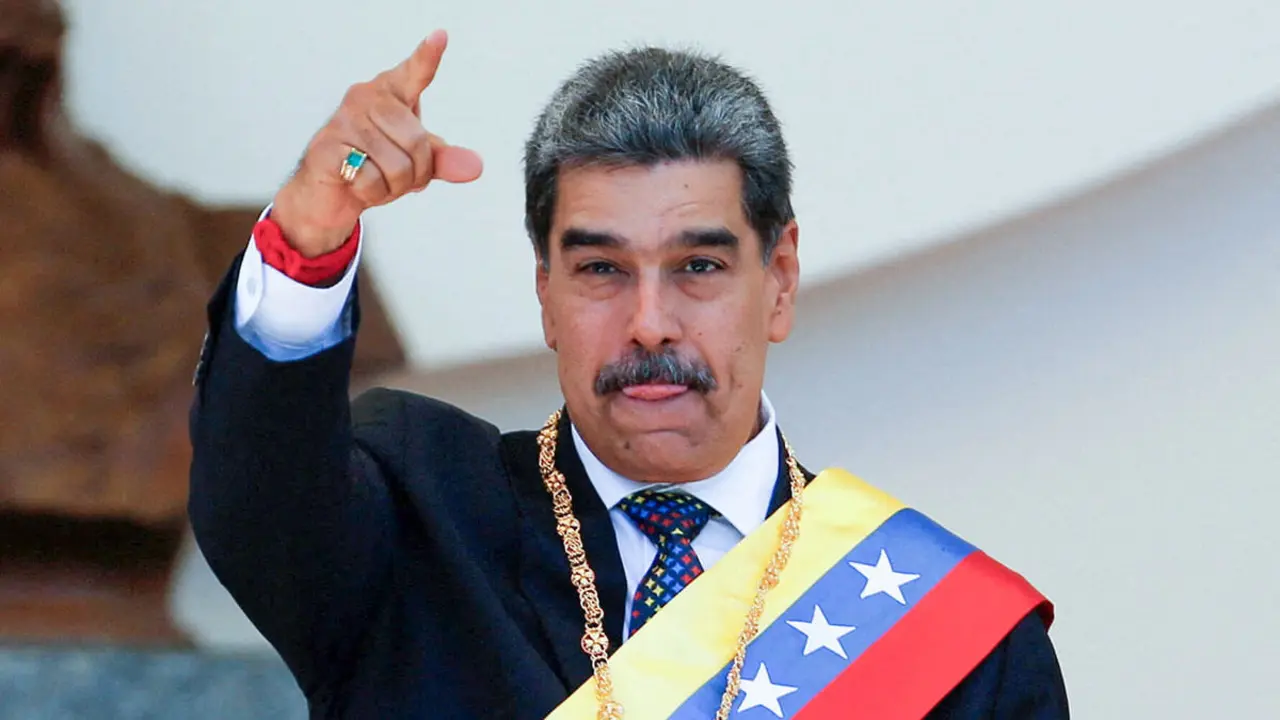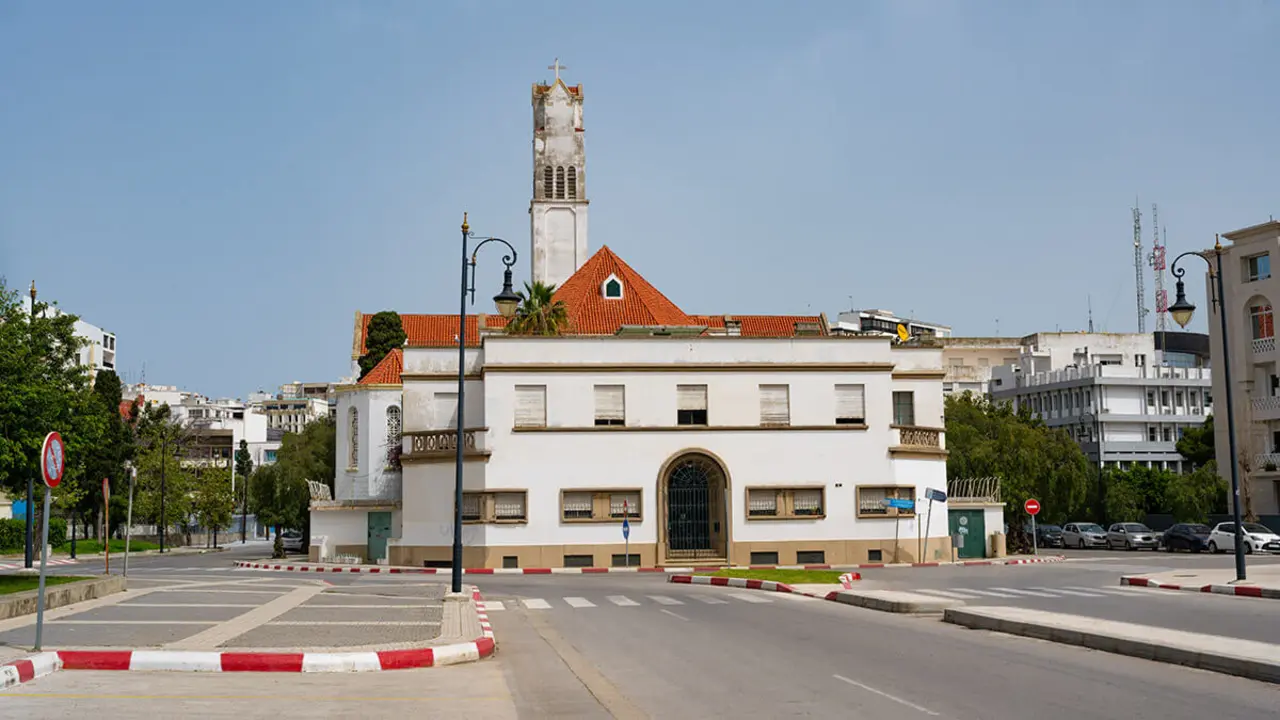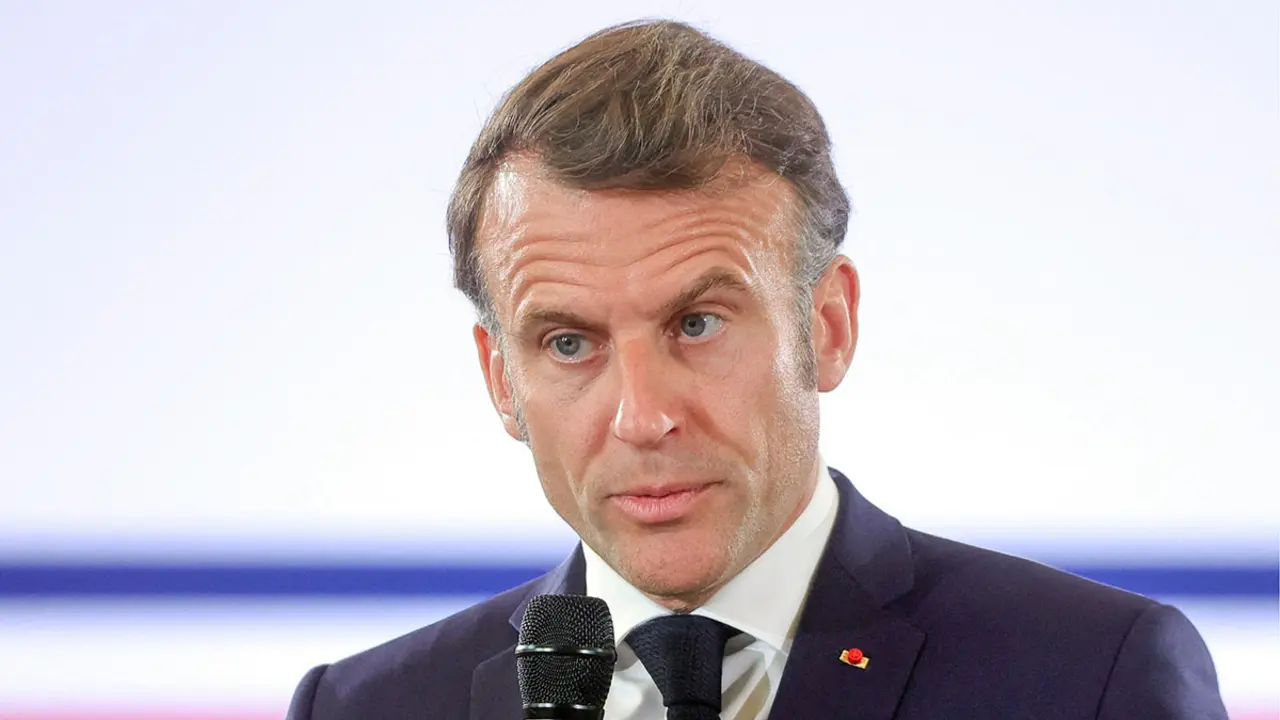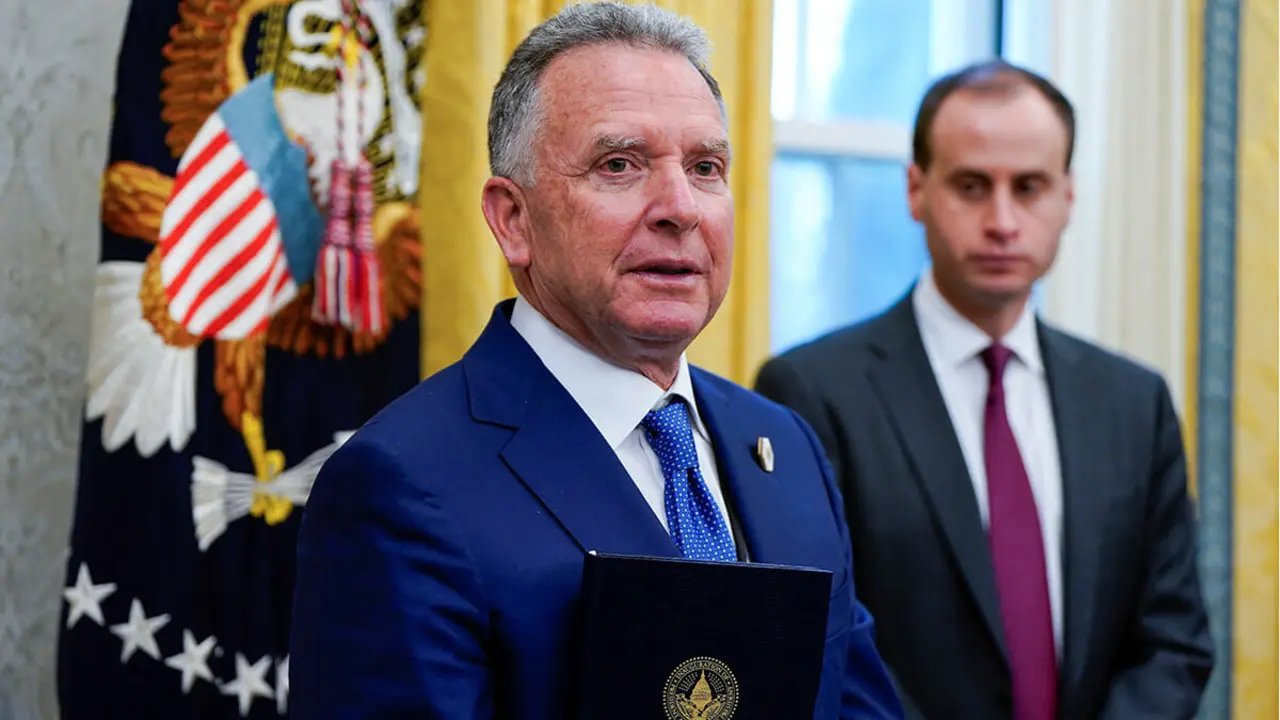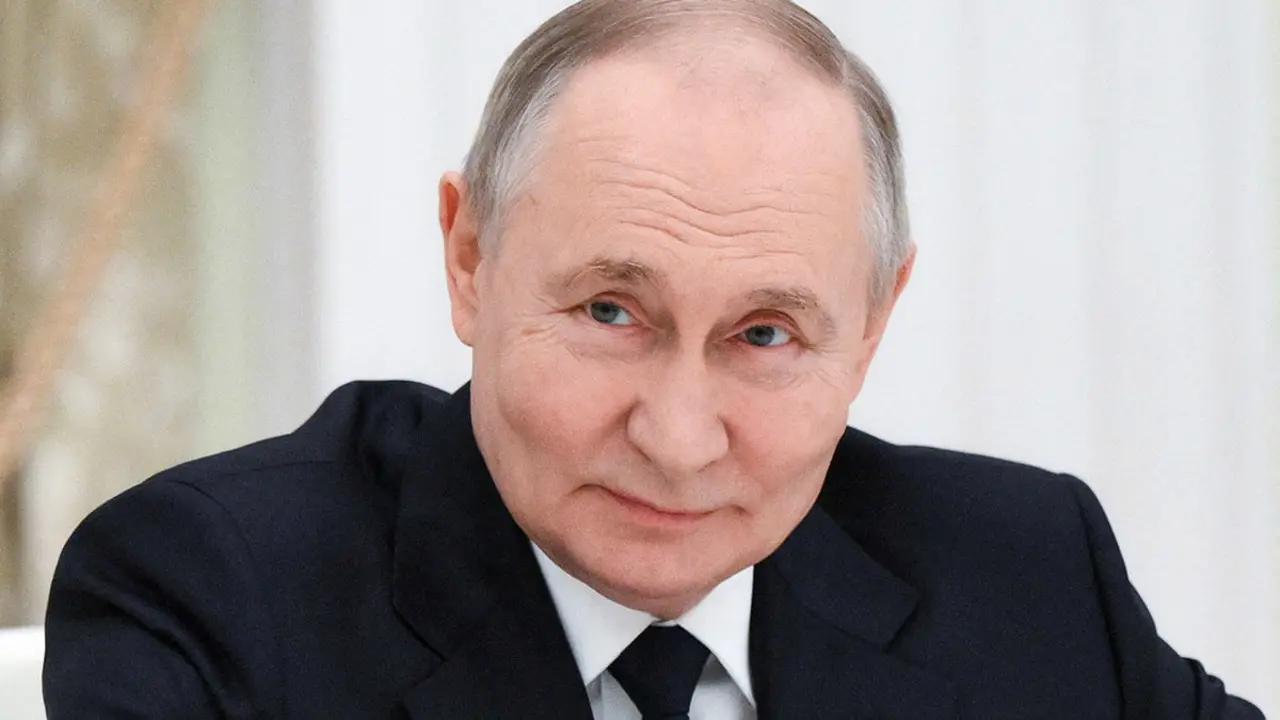UN: Russia's withdrawal from grain deal is firm, but other solutions will be sought

Russia has used firm language in announcing its withdrawal from the pact that allowed the safe export of grain from Ukraine through the Black Sea, which leaves no room to think that this is a temporary decision, a spokeswoman for the United Nations, which acted together with Turkey as an intermediary for this agreement, said today.
In the official notification sent by the Russian government, "the word it used was that it was ending its participation in the agreement, and ending is ending," said UN spokeswoman Alessandra Velucci in Geneva.
However, she said the organisation is in the active process of "looking for solutions" and finding "some other way, either practical or through other agreements, to resolve the difficult situation that has been created".
The Turkish-registered vessel TQ SAMSUN was the latest to be inspected at the Joint Coordination Centre set up in Istanbul to manage the implementation of the agreement, which in one year allowed 32.8 million tonnes of grain and other foodstuffs to be exported on more than a thousand voyages.
The Turkish vessel left the Ukrainian port of Odessa (shelled last night by Russia) on Sunday and arrived at the inspection area in Istanbul on Monday.
Wheat and corn were the main products that Russia allowed to leave Ukraine by sea.
High-income countries were the main destinations (38% of wheat and 49% of maize), an aspect that Russia repeatedly criticised, recalling that the agreement was justified by the need to ease the pressure on food prices on international markets that pushed several of the world's poorest countries into a food crisis in 2022.
According to UN figures, the World Food Programme, the world's largest humanitarian arm, covered 80% of its wheat purchases through this agreement and transported 725,000 tonnes to alleviate hunger in Afghanistan, Djibouti, Ethiopia, Kenya, Somalia, Sudan and Yemen.
The agreement was also supposed to allow Russia to export certain foodstuffs and, above all, fertilisers, of which it has traditionally been one of the world's largest producers.
One Russian product that failed to be exported and was included in the pact was ammonia (an ingredient in fertilisers), which Russia frequently criticised.
Ukraine wants grain corridor even without Russia, admits other routes are worse
Ukraine hopes to be able to continue exporting its grain harvest via the grain corridor even without Russia's participation, notwithstanding the fact that its alternative routes via Danube ports and to the EU are insufficient to compensate for the capacity of the Black Sea routes.
The Ministry of Agriculture expects the harvest to fall by 5-7% to 46 million tonnes in 2023, and the sea route remains the best option for exports. A further 9 million tonnes of grain from the previous harvest is still in storage.
Grain corridor key during the invasion
Around 90% of Ukrainian grain exports left through the Black Sea and Azov ports before Russia invaded the world's sixth largest maize and seventh largest wheat producer.
By February 2022 exports virtually ceased and logistical costs soared as the effects were felt by Ukrainian farmers and consumers around the world.
Created in August, the "grain corridor" from three ports in Odessa allowed the country to export some 33 million tonnes of grain to 45 countries in Asia, Africa and Europe.
Despite the development of alternative routes, notably from ports on the Danube and via 'solidarity routes' across the border to the European Union, maritime trade remained key, accounting for almost half of exports.
Russian sabotage affecting Ukrainian agriculture
But the 'grain corridor' rarely operated at full capacity. Ukraine has accused Russia of sabotaging it since May by delaying inspections of ships entering Istanbul. Exports fell from a record 4 million tonnes in November to 2 million tonnes in June.
Even according to a study by Oleg Nivievskyi and Roksolana Nazarkina published in the VoxUkraine think tank, the effect of the "grain deal" on domestic grain prices, and thus on farmers' incomes, was "only marginal, and almost imperceptible".
Rising insurance and logistics costs, as well as various challenges linked to the war, have hit Ukrainian producers hard, calling into question their ability to stay in business, Pavlo Koval, head of the Ukrainian Agrarian Confederation, told EFE.
The continuing uncertainty and delays imposed by Russia over the extension of the agreement made several industry representatives prefer "no grain agreement in the form in which it operated in recent months". They believe that markets would have adapted long ago and that alternative, stable routes would now be available.
Limits of potential alternative routes
Although European Commission President Ursula von der Leyen promised on Monday that EU solidarity routes would continue to allow Ukrainian exports to world markets, their capacity has been limited by a number of obstacles.
Three Polish ports, the closest to Ukraine, can only process about the same amount of grain per year as all Ukrainian ports in a month, according to Koval.
In addition, the creation of the grain corridor last year brought the development of EU "solidarity channels" to a virtual standstill, Olga Trogimtseva, a diplomat at the Foreign Ministry, told EFE.
Mykola Gorbachev, president of the Ukrainian Grain Association, expects monthly exports through this channel to fall below one million tonnes, as the existing infrastructure will process grain produced within the EU.
Transporting grain via Ukraine's Danube ports to Romania is a more attractive alternative, he told the specialised media "Latifundist.com" on Monday.
Some two million tonnes are expected to leave this month, which could rise to three million tonnes, according to Gorbachev.
The bottlenecks in the Romanian ports can be overcome by organising transshipments between ships in the estuary of the Sulina channel of the Danube by transferring grain from river to sea vessels.
This would require a political decision in Romania and the Ukrainians could start using this route within a week, according to Gorbachev.
However, the renewal of stable exports via Ukraine's Black Sea ports remains the preferred option because there is more developed infrastructure and potentially lower logistical costs.
To achieve this Ukraine has asked Turkey and the UN to extend the 'grain deal' even without Russia's participation and promises to cover any damage suffered by ships in its territorial waters with the $500 million (about 445 million euros) guarantee fund.

